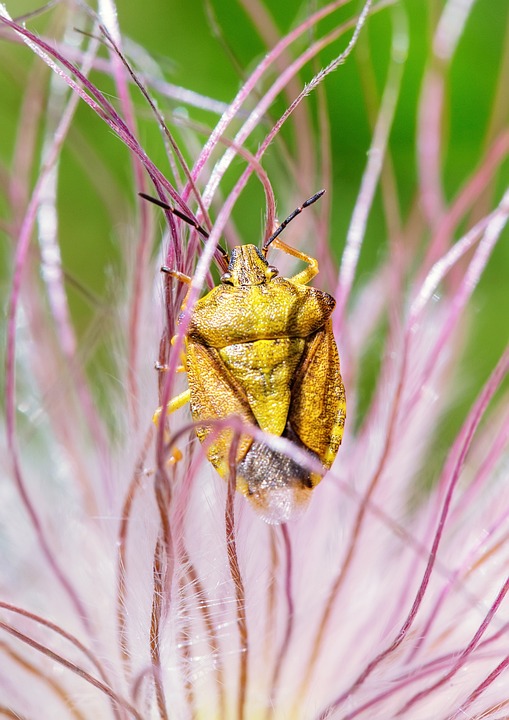Insect Protection: Choosing Bug Sprays That are Gentle on Your Skin
When the weather warms up and the outdoors beckons, the last thing you want is to be greeted by swarms of pesky insects. Mosquitoes, ticks, and other bugs can turn a relaxing day in the sun into an uncomfortable ordeal filled with bites and itching. While effective insect repellents are essential for protecting yourself from these pests, it’s equally important to choose products that are gentle on your skin. In this article, we’ll explore the various options available for insect protection, discussing ingredients, formulations, and tips for making an informed choice.
Understanding Bug Spray Ingredients
Many conventional bug sprays contain synthetic chemicals like DEET (N,N-diethyl-meta-toluamide), picaridin, and IR3535, which have been proven effective in deterring insects. However, these strong repellents can sometimes cause skin irritation, especially for those with sensitive skin or allergies.
When selecting a bug spray, look for the following ingredients that are known for being gentler on skin:
-
Natural Essential Oils: Ingredients such as citronella, eucalyptus, lavender, and tea tree oil not only provide insect-repelling properties but also have soothing benefits for the skin. However, note that natural ingredients can vary in effectiveness.
-
Lemon Eucalyptus Oil: Studies have shown that oil from lemon eucalyptus is as effective as low concentrations of DEET but is generally considered less irritating to the skin.
-
Soybean Oil: This natural oil has demonstrated insect-repelling properties and is often included in formulations aimed at those with sensitive skin.
-
Geraniol: A naturally occurring compound found in various essential oils, geraniol is effective against mosquitoes and can be gentler compared to synthetic alternatives.
- Salt-based Sprays: These are non-toxic and can provide a mild repellent effect with fewer adverse reactions for most individuals.
Types of Bug Sprays
When selecting a bug spray, consider the form it comes in. Here’s a breakdown of the most common types:
-
Aerosol Sprays: Easy to apply and effective over a large area, aerosol sprays may contain chemicals that can irritate the skin or respiratory system. If sensitive, opt for those labeled as hypoallergenic.
-
Pump Sprays: These allow for greater control over application and are often available with more natural ingredients.
-
Roll-ons: Great for targeted application, roll-ons can be user-friendly and are often mess-free.
- Wipes: Convenient for on-the-go protection, wipes typically have pre-soaked cloths in insect repellent solutions. They can be beneficial for sensitive areas of skin.
Tips for Choosing and Using Bug Spray
-
Read Labels Carefully: Always check the active ingredients and choose products with fewer synthetic chemicals, especially if you have sensitive skin.
-
Patch Test: Before using a new bug spray, conduct a patch test on a small area of skin to check for any reactions, particularly if using essential oil-based products.
-
Choose the Right Concentration: Higher concentrations of active ingredients can provide longer protection but may also increase the risk of skin irritation. Opt for the lowest effective concentration.
-
Consider the Environment: If you’re headed into heavily infested areas or participating in outdoor activities such as hiking, stronger repellents may be warranted, but always pair them with skin-friendly options when possible.
-
Reapply as Needed: Most bug sprays lose their effectiveness over time, especially if you are sweating or swimming. Always reapply according to the product’s guidelines and be cautious when layering different products.
- Layer with Skincare: To protect your skin while using bug sprays, consider applying a fragrance-free moisturizer prior to application. This can create a barrier and help mitigate potential irritation.
Conclusion
Insect bites can pose numerous health risks, from discomfort to serious diseases. Therefore, effective protection is paramount. By choosing bug sprays that are both effective against pests and gentle on the skin, you can enjoy your time outdoors without the worry of irritation or adverse reactions. Remember to prioritize natural ingredients and read product labels carefully to keep the bugs at bay while safeguarding your skin’s health. With the right approach, you can create a comfortable outdoor experience for you and your family, keeping those pesky insects where they belong—away from your skin!
